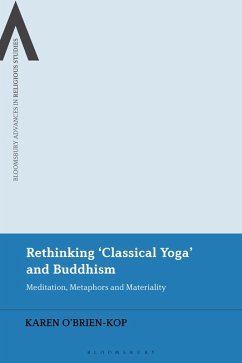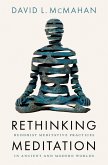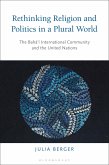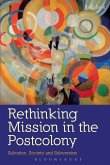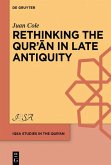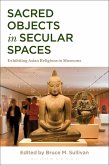This book revisits the early systemic formation of meditation practices called 'yoga' in South Asia by employing metaphor theory. Karen O'Brien-Kop also develops an alternative way of analysing the reception history of yoga that aims to decentre the Eurocentric and imperialist enterprises of the nineteenth-century to reframe the cultural period of the 1st - 5th centuries CE using categorical markers from South Asian intellectual history.
Buddhist traditions were just as concerned as Hindu traditions with meditative disciplines of yoga. By exploring the intertextuality of the Patanjalayogasastra with texts such as Vasubandhu's Abhidharmakosabhasya and Asanga's Yogacarabhumisastra, this book highlights and clarifies many ideologically Buddhist concepts and practices in Patanjala yoga.
Karen O'Brien-Kop demonstrates that 'classical yoga' was co-constructed systemically by both Hindu and Buddhist thinkers who were drawing on the same conceptual metaphors of the period. This analysis demystifies early yoga-meditation as a timeless 'classical' practice and locates it in a specific material context of agrarian and urban economies.
Buddhist traditions were just as concerned as Hindu traditions with meditative disciplines of yoga. By exploring the intertextuality of the Patanjalayogasastra with texts such as Vasubandhu's Abhidharmakosabhasya and Asanga's Yogacarabhumisastra, this book highlights and clarifies many ideologically Buddhist concepts and practices in Patanjala yoga.
Karen O'Brien-Kop demonstrates that 'classical yoga' was co-constructed systemically by both Hindu and Buddhist thinkers who were drawing on the same conceptual metaphors of the period. This analysis demystifies early yoga-meditation as a timeless 'classical' practice and locates it in a specific material context of agrarian and urban economies.

